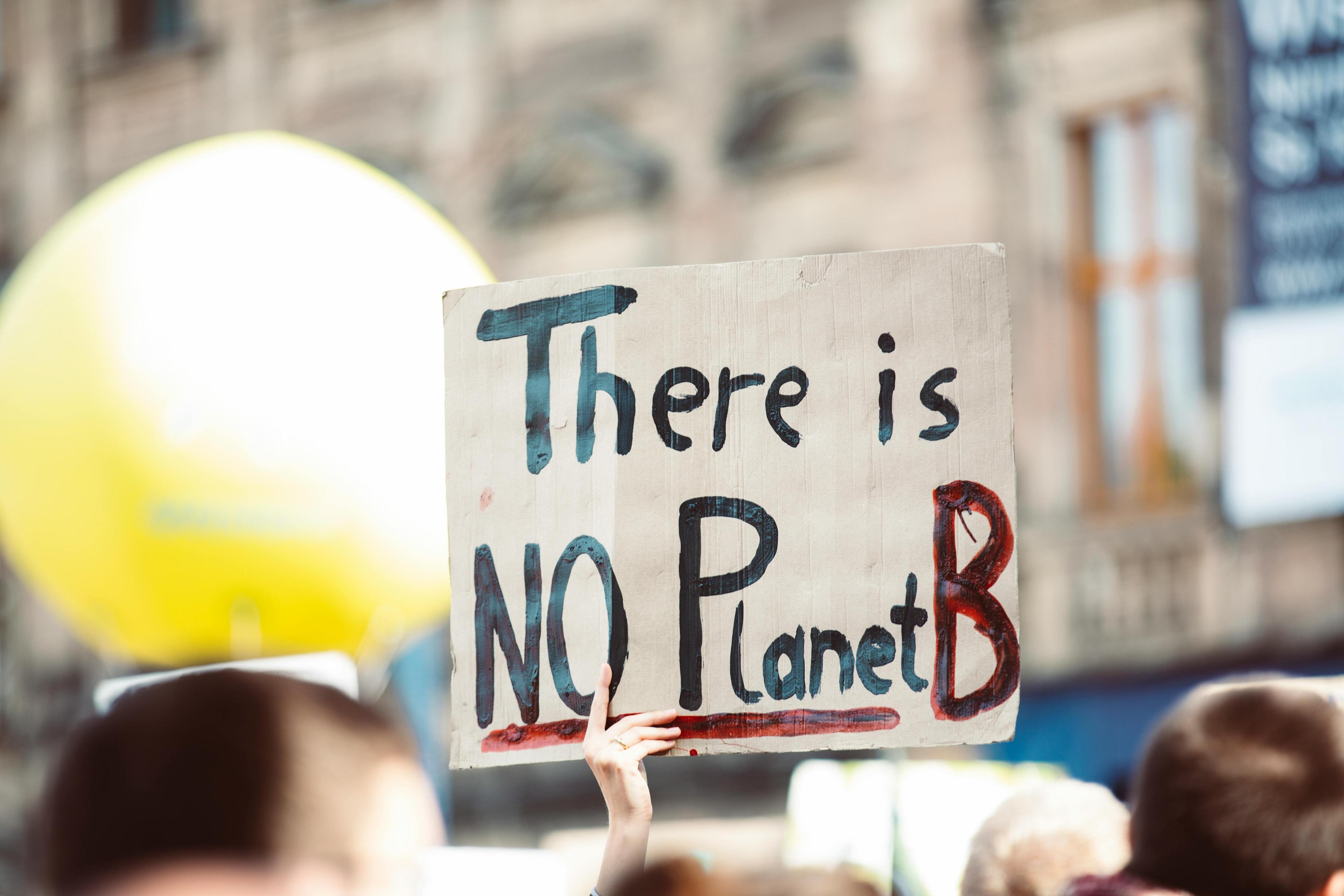
BEIRUT, Lebanon (Enmaeya News) — According to a recent study by the American Psychiatric Association, the effects of climate change go well beyond just environmental or economic issues—they also have a profound impact on human health and emotional well-being. As greenhouse gas levels increase, air quality deteriorates and temperatures rise, leading to a higher likelihood of neurological and mental health problems, including conditions like strokes, dementia, and various psychiatric disorders that may be influenced by changes in food availability. Shifts in infectious diseases further expose populations to neuropsychiatric complications such as those associated with encephalitis. Moreover, climate change can disrupt employment, trigger migration, and undermine social bonds, all of which contribute to stress and mental strain. These pressures can also evoke widespread anxiety about future security and quality of life.
In response to these challenges, new terms have emerged in our vocabulary to capture the psychological toll of climate change. Concepts such as ecological grief and eco-anxiety describe the deep sense of loss and uncertainty regarding the future, while solastalgia expresses the nostalgia for landscapes and ways of living that have been lost. Although experiencing eco-anxiety is a natural reaction to environmental degradation, it can sometimes result in feelings of frustration, despair, or even inactivity, particularly among younger generations. This emotional burden is not limited to the public alone; those involved in activism and scientific research often experience burnout when progress toward sustainability slows down.



